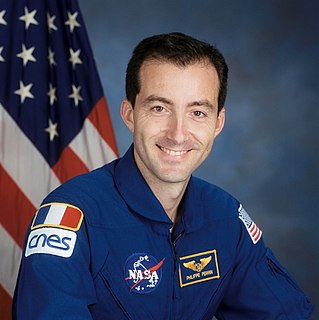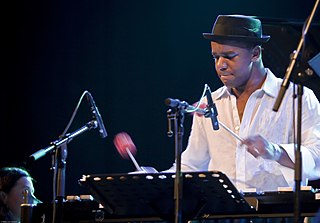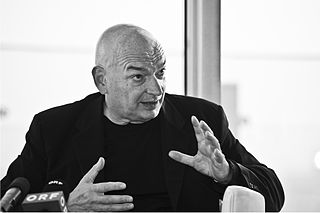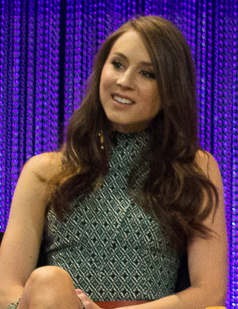A Quote by Philippe Perrin
Especially when I first really started to work with Kenneth and Franklin, who had been in space already. And so, they were able to talk about space and tell me a few things about how things would really happen.
Related Quotes
It's the balance I'm trying to find - not being disconnected but giving myself some space to be in my world. I feel like I'm surrounded by friends of mine who are very different from one another but all care about similar things. We talk about this a lot, and I think that's probably the main thing - being surrounded by good people is the best way to stay in a solid head space. You want to be able to talk about these things, and be able to think things through and feel things through. That's helpful for me.
I always wanted to have a young female artist that would tell me the truth about life and not only talk about the good things or the things that were exciting or interesting but also talk about the things that people in general are skeptical to talk about- the bad things that do happen. A good 50% of our lives is things that are happening that we're not necessarily super thrilled about and I feel like that's missing from pop music a lot of the time so my main goal is to be truthful about everything and not just specific things.
One of the things that really impressed me about Anna Karenina when I first read it was how Tolstoy sets you up to expect certain things to happen - and they don't. Everything is set up for you to think Anna is going to die in childbirth. She dreams it's going to happen, the doctor, Vronsky and Karenin think it's going to happen, and it's what should happen to an adulteress by the rules of a nineteenth-century novel. But then it doesn't happen. It's so fascinating to be left in that space, in a kind of free fall, where you have no idea what's going to happen.
Just coming to terms with the fact that I got to play April Wheeler [Revolutionary Road] and Hanna Schmitz [The Reader] in one year, let alone in my lifetime. I'm very, very aware of how rare that is as an opportunity for any one person. I can't tell you how much I've been able to take away from these experiences creatively. I really, really learned so much about acting, about myself... all of those things. It's difficult to talk about the actor's process without sounding like an arrogant asshole but they really were very challenging.
I think any information about any type of art form, it's always the right time. But since the last one, I could see there were many things about the culture of DJing that we don't really talk about. We don't really look at how the music is made, how it's conceptualized, how it's put together. We talk about the equipment and the software, but we don't talk about the reasons why we put the music together in the first place.
Two years ago, China tested an anti-satellite weapon that actually caused quite a bit of controversy and one of the controversies is that by blowing up a satellite, you are creating more space debris which is a hazard to satellites and spacecraft in lower Earth orbit and if they had been a partner, you'd have to do an experiment, and if they had been a partner in the international space station, would they have really done that test? They would have really thought twice about creating that tension between the countries and potentially endangering a project that they were a part of.
I had this thing where I only wanted to work on original material, no adaptations, and obviously, that changed. I really wanted to have the resources and have the space and the time to tell stories that I've really cared about. I've kind of changed my approach, but I've gotten to do that, to tell stories that I really care about.
































